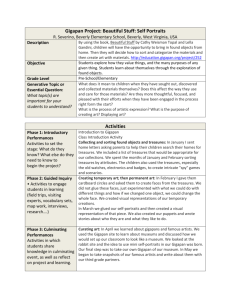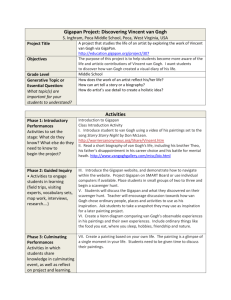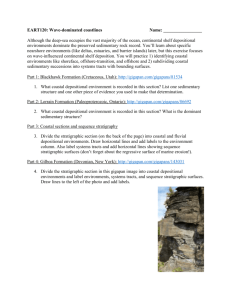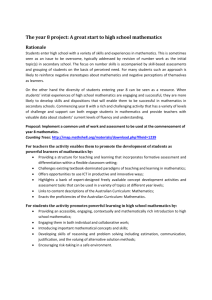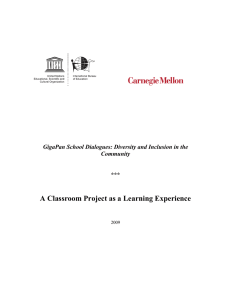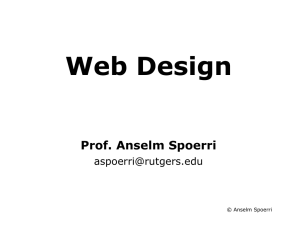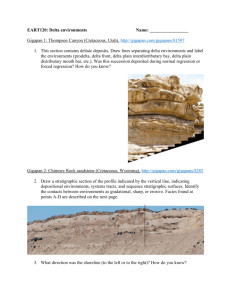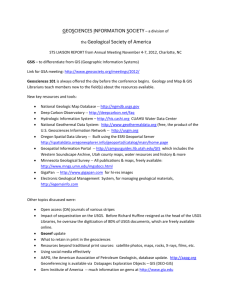Science Lab Do's and Don'ts
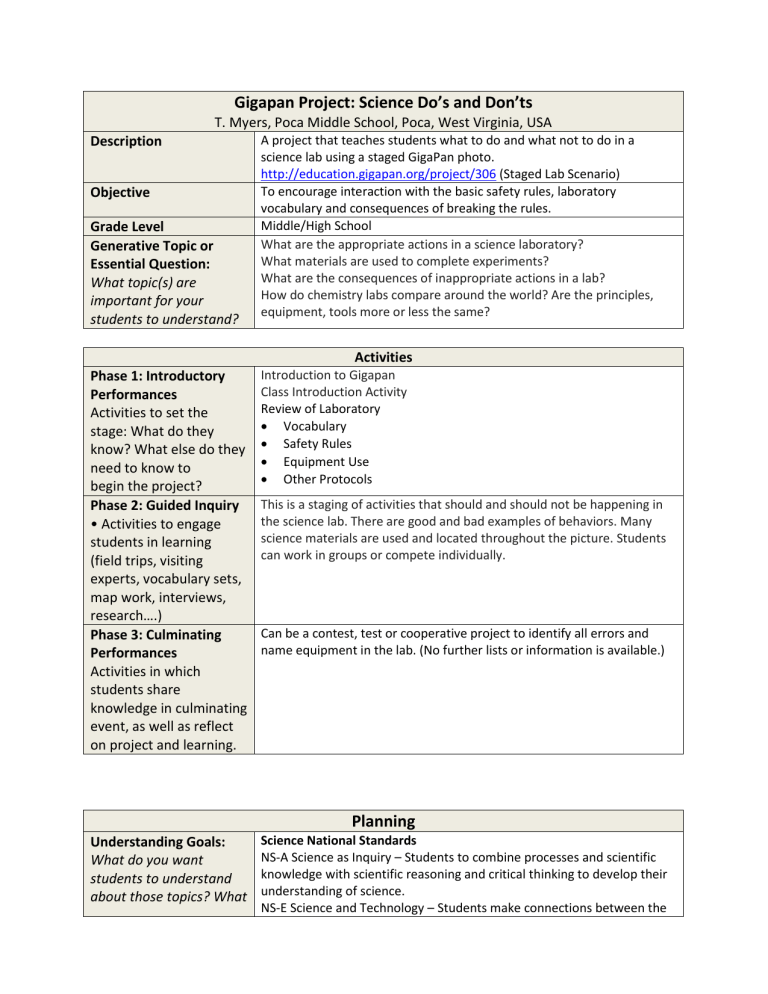
Description
Objective
Grade Level
Generative Topic or
Essential Question:
What topic(s) are important for your
students to understand?
Gigapan Project: Science Do’s and Don’ts
T. Myers, Poca Middle School, Poca, West Virginia, USA
A project that teaches students what to do and what not to do in a science lab using a staged GigaPan photo. http://education.gigapan.org/project/306 (Staged Lab Scenario)
To encourage interaction with the basic safety rules, laboratory vocabulary and consequences of breaking the rules.
Middle/High School
What are the appropriate actions in a science laboratory?
What materials are used to complete experiments?
What are the consequences of inappropriate actions in a lab?
How do chemistry labs compare around the world? Are the principles, equipment, tools more or less the same?
Phase 1: Introductory
Performances
Activities to set the stage: What do they know? What else do they need to know to begin the project?
Activities
Introduction to Gigapan
Class Introduction Activity
Review of Laboratory
Vocabulary
Safety Rules
Equipment Use
Other Protocols
This is a staging of activities that should and should not be happening in the science lab. There are good and bad examples of behaviors. Many science materials are used and located throughout the picture. Students can work in groups or compete individually.
Phase 2: Guided Inquiry
• Activities to engage students in learning
(field trips, visiting experts, vocabulary sets, map work, interviews, research….)
Phase 3: Culminating
Performances
Activities in which students share knowledge in culminating event, as well as reflect on project and learning.
Can be a contest, test or cooperative project to identify all errors and name equipment in the lab. (No further lists or information is available.)
Understanding Goals:
What do you want students to understand about those topics? What
Planning
Science National Standards
NS-A Science as Inquiry – Students to combine processes and scientific knowledge with scientific reasoning and critical thinking to develop their understanding of science.
NS-E Science and Technology – Students make connections between the
should they be able to
do?
(Standards)
Interdisciplinary:
How does this unit fit with other topics? What, if any, cross-cultural links can be made?
Ongoing Assessment:
What would be acceptable evidence of
their understandings?
Materials and
Resources: List the physical and digital resources required to teach the unit. natural and designed world, linking science and technology. [Id problem>Propose Solution>Implement> Evaluate>Communicate]
NS-C – Students understand life science facts, concepts, principles, theories, and models that are important for all students to know, and use.
Technology
2b. Practice responsible use of technology systems, information and software.
6a. Use technology resources for solving problems and making informed decisions.
Students can identify dangers in the lab.
Discussion around lab safety is generative, with Gigapan used for stimulation and example sharing.
Internet access
Projector and screen
Gigapan Kit (optional) http://www.youtube.com/watch?v=oWMUX3ugaRU http://education.gigapan.org/project/205 (Chemistry Labs) http://www.pbs.org/wgbh/nova/tech/nuclear-control-room.html
(Nuclear Control room)
